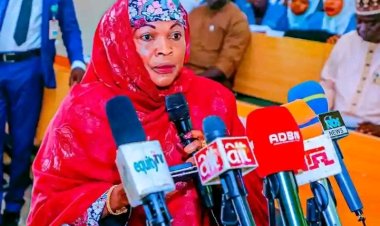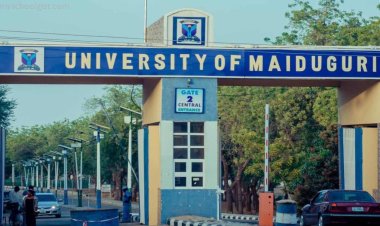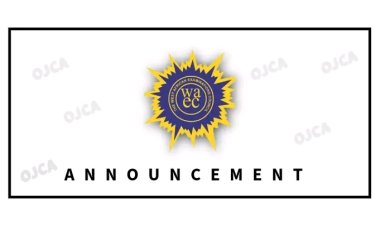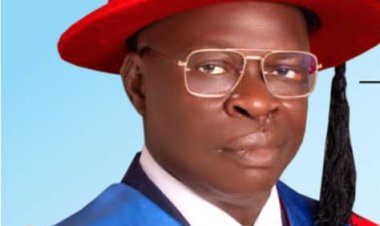How MOUAU VC's Actions Led to Students' Drop Out Following Fee Hike
Students at Michael Okpara University of Agriculture, Umudike, protested a 57% increase in school fees, claiming it was excessive and would force many to drop out. Despite requests for fee reductions or installment payments, Vice-Chancellor Professor Maduebibisi Ofe Iwe enforced the new policy strictly, barring unpaid students from exams.

Students at Michael Okpara University of Agriculture, Umudike (MOUAU) staged a significant protest in October 2023 against a substantial increase in school fees. The university’s management had raised fees by 57 percent during the second semester holiday, prompting claims from students that the hike was “excessive and unjustifiable.” They argued that the increase would force many to drop out due to financial hardships.
The students requested a reduction in fees or the option to pay in installments, citing the high cost of living and the financial strain on families. However, the university management dismissed their pleas, asserting that “education isn’t for the poor and they are not running a charity organization.”
As exams began on February 6, 2024, many students were unable to participate because they had not paid the increased fees. Some students who had paid were also barred from the exam halls due to issues with the biometric system, which showed that fees had not been paid because their biometrics were recorded before the payments were processed.
SEE MORE>>> MOUAU Vice Chancellor: Lack of Governing Council Stalls Promotions and Appointments
Vice-Chancellor Professor Maduebibisi Ofe Iwe personally oversaw the enforcement of the fee policy, visiting exam halls and removing students who had not settled their fees, resulting in automatic carryovers for those affected. This strict enforcement contrasted with past practices where final-year students were allowed to write exams without immediate payment.
Students and lecturers, including those with children at the university, appealed to the Vice-Chancellor for leniency, citing unpaid salaries and financial difficulties. Despite a lecturer's emotional plea for his son, the Vice-Chancellor remained unmoved.
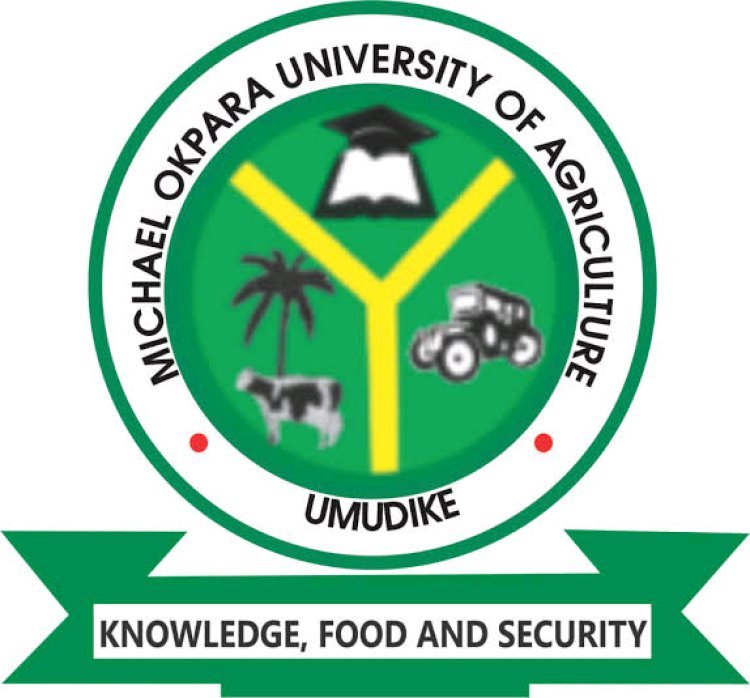
On February 6, student leaders met with the Vice-Chancellor to request either a return to previous practices or installment payments. A student leader commented, “We understand that the university needs funds to run, but this hike is too much for us to bear.” The Vice-Chancellor did not consider their requests.
SEE ALSO>>> MOUAU Announces Date for Commencement of 2023/2024 Second Semester
In response, final-year students led a protest that halted exams, carrying banners with slogans such as “Reverse the Fees Hike,” “Education is Our Right,” and “We Can’t Afford It.” The situation escalated when the Vice-Chancellor arrived with military personnel. A confrontation ensued, during which the Vice-Chancellor was attacked, prompting him to flee, leaving behind his car and security team.
The situation worsened as police were called in, and opened fire on the protesting students. This led to the destruction of university property, including the SUG office, school shuttle windows, and library facilities. The police presence also resulted in the arrest and mistreatment of several students, leading many to leave the university for safety.
RECOMMENDED>>>MOUAU Hosts 2024 SIWES Orientation Program for Students
The protests disrupted the academic calendar and caused the postponement of exams. After three and a half months of inactivity, students were required to pay a twenty-five thousand naira Damage/Reparation fee due to court proceedings. Despite the ongoing issues, the university did not reduce the school fees. Consequently, many students did not return for the new academic term due to the combined burden of the increased fees and the additional reparation costs.

